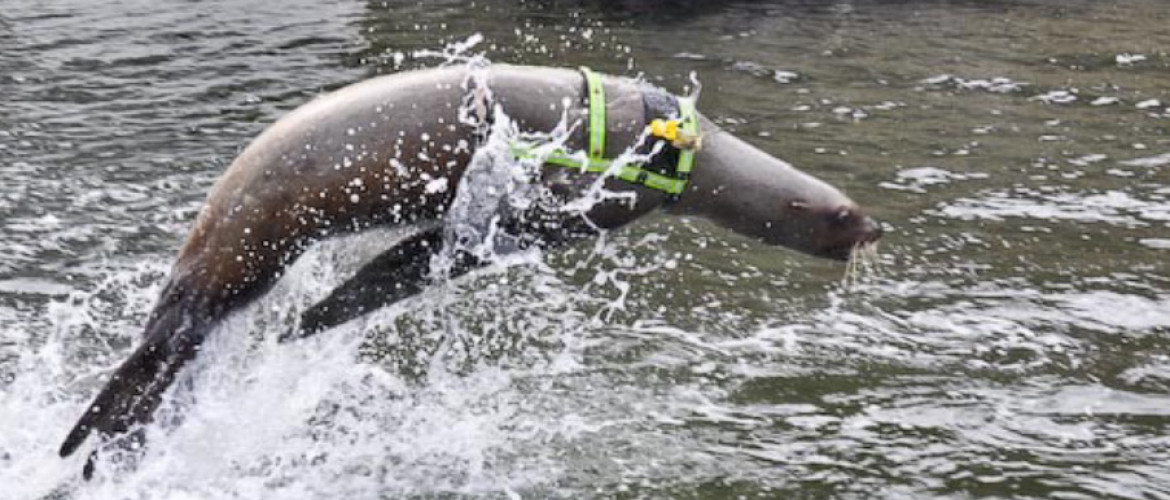Conservation physiology of marine mammalsProviding science-based management, protection, and recoveryWhat does this mean? Changes in the environment directly affect individuals, not populations. Therefore, in order to understand or predict how current or future disturbances will affect marine mammal populations, we need to study the effect of these conditions on the health and physiology of individual animals. This can be done through observations in the field, or through controlled experiments in the laboratory. Ultimately, this knowledge can be used to protect and manage species in the wild. |
Marine Mammal
|
The University of British Columbia
Vancouver campus
